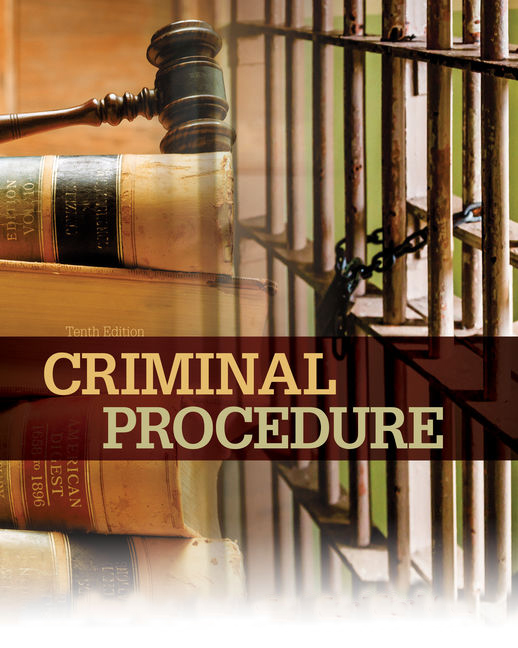A police officer cannot investigate a non-cognizable offence without the order of a Magistrate of the first or second class having power to try such case: High Court of J&K and Ladakh
The expression “investigation” has different connotations than the expression “inquiry”. Section 4(h) of Cr. P. C defines “investigation” as proceedings under the Code or the collection of evidence conducted by a police officer or by any person other than a Magistrate who is authorized by a Magistrate in this behalf as observed by the Hon’ble High Court of J&K through the learned bench of Justice Sanjay Dhar in the case of Aasim Farooq Shah Vs Mohammad Yousuf Hakeem & Anr [CRMC No.51/2018]
Briefly stated, the facts emerging from the material on record are that a complaint came to be filed by respondent No.1 against the petitioner before the Chief Judicial Magistrate, Srinagar, wherein it was alleged that the petitioner had forged a document purportedly issued by Ethical Committee on Human/Animal Subjects Research SKIMS Hospital, Srinagar. According to respondent No.1, the complainant had obtained information under the Right to Information Act from the Department of Community Medicine, SKIMS, Srinagar, informing that the certificate of Ethical Committee had not been issued by the SKIMS (Trust) Hospital. Also, respondent No.1 had approached Police Station, Crime Branch, prior to the filing of the application before Chief Judicial Magistrate, Srinagar, but the Crime Branch, after obtaining a report from SKIMS, Srinagar, closed the complaint as no cognizable offense was found to have been made out against the petitioner herein.
The petitioner has challenged the impugned order dated 29.12.2017 passed by learned Chief Judicial Magistrate, Srinagar, on the grounds that once a complaint of respondent No.1 against the petitioner was closed, it was not open to the learned Magistrate to direct inquiry into the same; that from the contents of the complaint made by respondent No.1, no offense is made out against the petitioner; that the publication which is the subject matter of the complaint stands already retracted by the petitioner and that the same has not been used by the petitioner to get any benefit, as such, no offense is made out against the petitioner and that the impugned order has been passed by the learned Magistrate in a mechanical manner and without application of mind.
After hearing the learned counsels for the parties and perusing the facts on record, the High court observed that as per section 155(2) of Cr. P. C, it is clear that a police officer cannot investigate a non-cognizable offense without the order of a Magistrate of the first or second class having the power to try such a case. The Hon’ble High Court stated that “The expression “inquiry” is quite distinct from the expression “investigation”. The expression “inquiry” is defined in Section 4(g) of Cr. P. C as including every inquiry other than a trial conducted under the Code by a Magistrate or a Court, meaning thereby that “inquiry” includes only such type of proceedings which are sanctioned by any provision of the Code. Section 202 of Cr. P. C empowers a Magistrate either to inquire into the case himself, or direct an inquiry to be made by any Magistrate subordinate to him, or by a police officer, or by such other person as he thinks fit for the purpose of ascertaining the truth or falsehood of the complaint. Such an inquiry can be directed by a Magistrate only after taking cognizance of an offense on the basis of a complaint and after recording substance of examination of the complainant and his witnesses on oath.”
Click here to read the Judgment
Judgment Reviewed by – Aryan Bajaj

